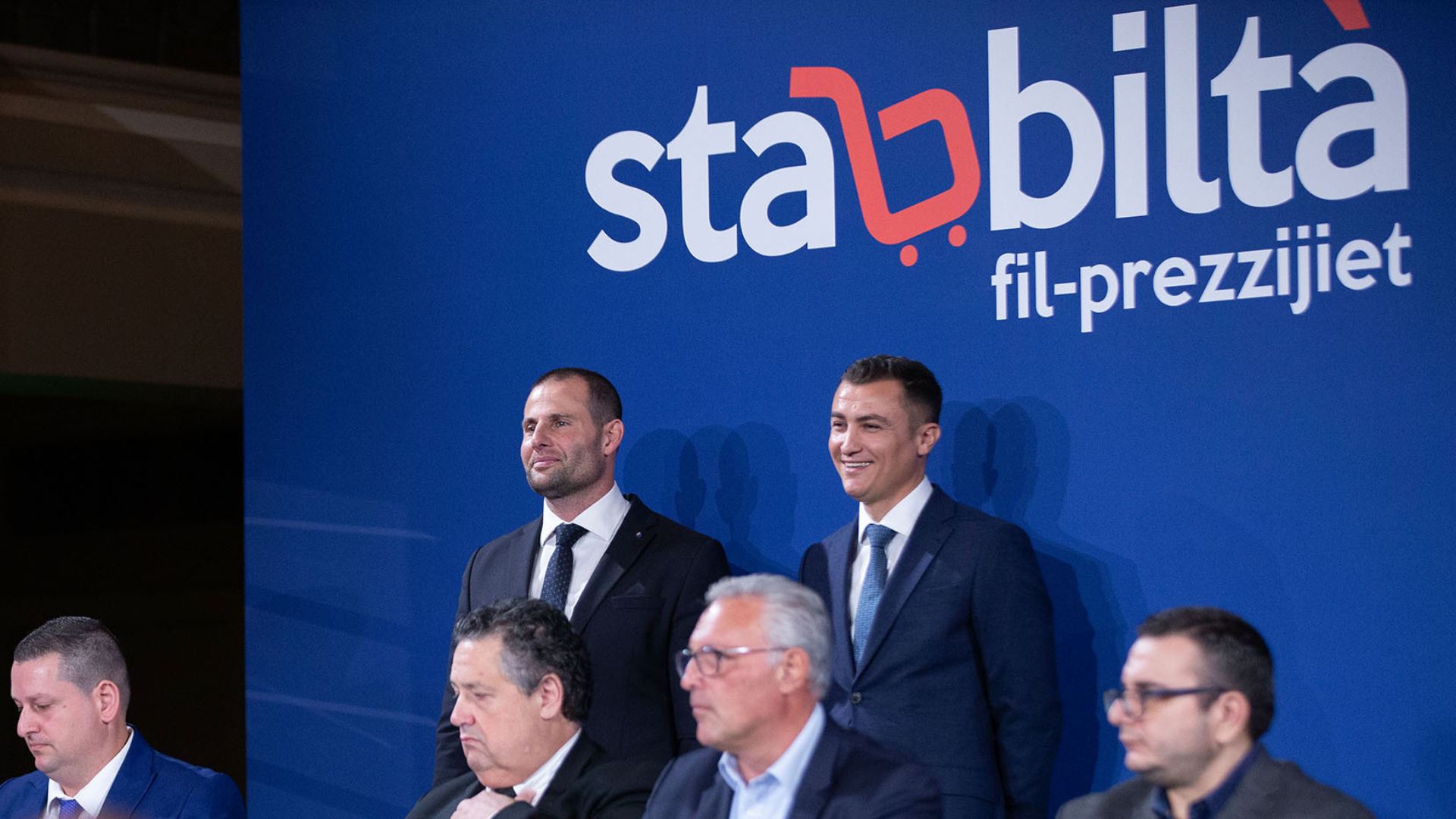On Tuesday, the European Parliament voted on a more robust anti-SLAPP directive. With 498 votes in favour, 33 against and 105 abstentions, the European Parliament adopted its negotiating position on new rules to protect journalists and those working on issues of public interest from abusive cross-border lawsuits aimed at muzzling them.
Speaking during a press conference on Wednesday morning with rapporteur Tiemo Wölken (S&D, Germany), European Parliament President Roberta Metsola stated that the vote “is for those of you, who have felt pursued financially and emotionally drained and sometimes left alone”.
Wolken reiterated that the vote strongly signals the European Council “that we need to get this problem right,” adding that the European Parliament has adopted a very strong position as it enters negotiations with the Council.
Strategic Lawsuits Against Public Participation (SLAPPs) are a particular form of harassment used primarily against journalists and human rights defenders to prevent or penalise speaking up on issues of public interest. Their use has increased over the past decade across the EU and the world.
The directive, which aims to combat SLAPPs, was first proposed by the European Commission last year and has been called ‘Daphne Law’ in honour of assassinated Maltese journalist Daphne Caruana Galizia.
Parliament’s position
The main changes to the Commission proposal adopted by the European Parliament include expanding the definitions of abusive court proceedings and public participation and a broader scope for the cross-border element needed to trigger the directive.
The proposal also includes setting up national registers of anti-SLAPP court decisions and a Union-wide record run by the Commission and the creation of national “one-stop shops” to aid SLAPP victims with legal and mental health resources.
It also has new rules on conflict of laws and jurisdictions that would determine the court’s jurisdiction and the applicable law, as well as compensation for psychological or reputational harm to victims of SLAPPs.
On Wednesday, trilogue negotiations with the European Council will begin. These are meetings among representatives of the Parliament, the Council, and the Commission to discuss legislative proposals to reach a provisional agreement on a text acceptable to both the Council and the Parliament.
Tough negotiations with Council ahead
Speaking to journalists during a media seminar in Strasbourg, Wölken predicted intensive negotiations with the Council of the European Union, especially considering the conservative approach adopted by the Council that journalists, press freedom organisations, the Commission, and MEPs all criticised.
The Council’s proposal weakens the early dismissal mechanism with a restrictive definition of “manifestly unfounded cases” by ruling out the possibility of appealing decisions refusing early dismissal. The Council also deleted the provision on damage compensation in favour of SLAPP targets was also deleted from its adopted text.
“The Council watered down the directive, and we are going in the opposite direction,” Wölken told journalists.
Not without its limits
Wölken also acknowledged that the directive may not cover purely domestic cases where the claimant, the court and the defendant are based in the same country, stressing that the European Parliament is only “entitled to rule on cases where there is a cross-border element”.
To try and counter this limitation, the directive has expanded the definition of a cross-border element to include public participation acts accessible in more than one member state via the Internet.
It adds, “The ubiquitous nature of the internet warrants considering acts of public participation accessible in more than one Member State to be matters with cross-border implications.
The directive was also presented with a non-binding recommendation for Member States to take adequate measures to address purely domestic cases of SLAPPs.
In reply to The Shift’s question about the efficacy of such a recommendation, MEP Ramona Strugariu (Renew, Romania) recognised that while there will always be Member States that ignore recommendations, MEPs will continue to apply pressure when warned that things are not happening the way they should.
In comments to The Shift, Maltese MEP David Casa, who has campaigned for anti-SLAPP legislation for five years, said that while there are limitations in what the directive can do, “this is a gap that must be plugged”, further noting that there should be “a continuous effort to strengthen press freedom.
“This means combatting threats as they arise, including through legislation”.
When questioned about the points to be won in the upcoming trilogue negotiations, Casa emphasised that early dismissal, placing the burden of costs on the claimant, and enabling SLAPP victims to claim full compensation are among the critical elements. Dissuasive penalties should also be in the final text as well as protection against third-country judgments, a point that both Parliament and Council agree on. “If we have these five points, then Daphne’s law will be a success for press freedom in Europe”.













